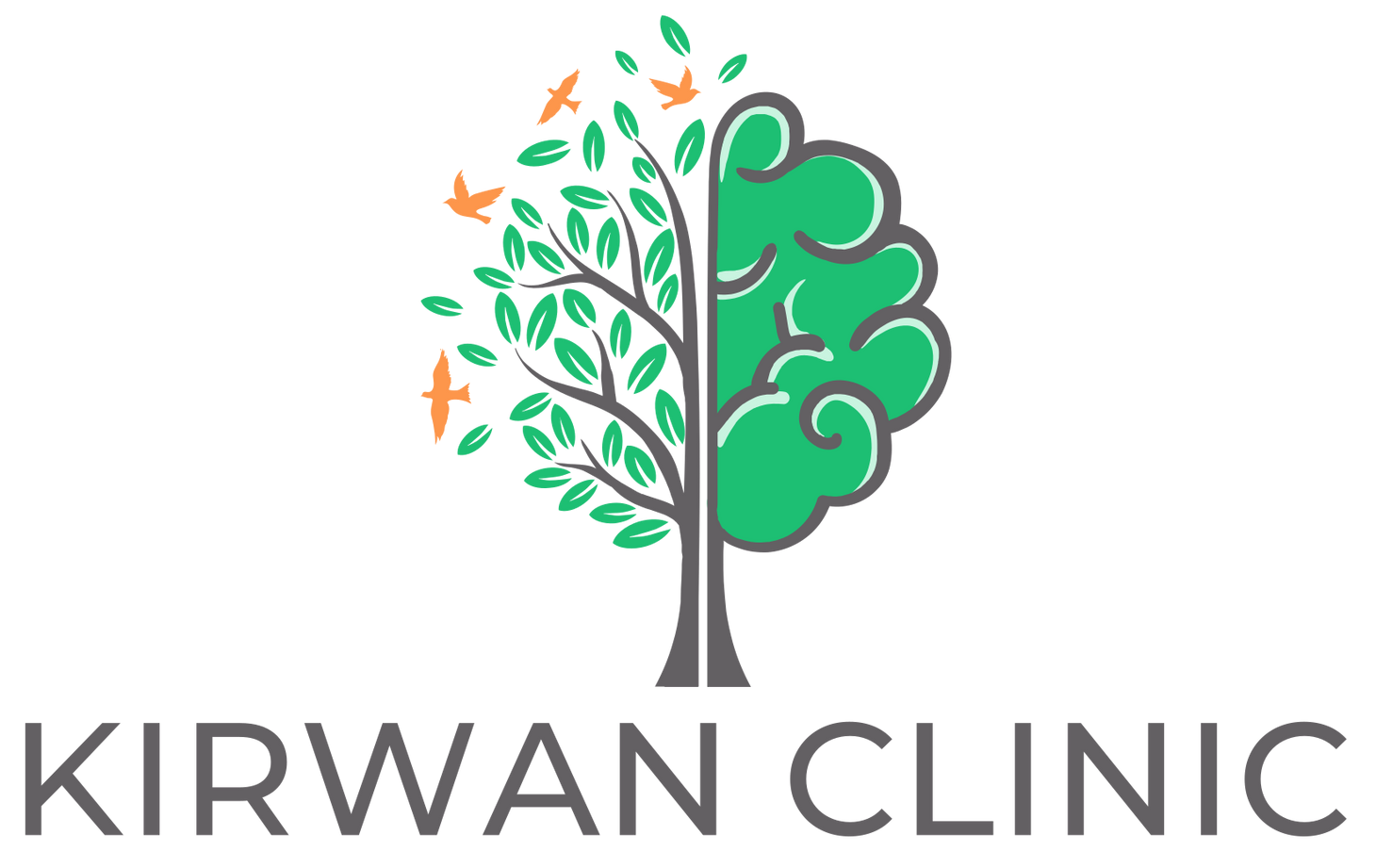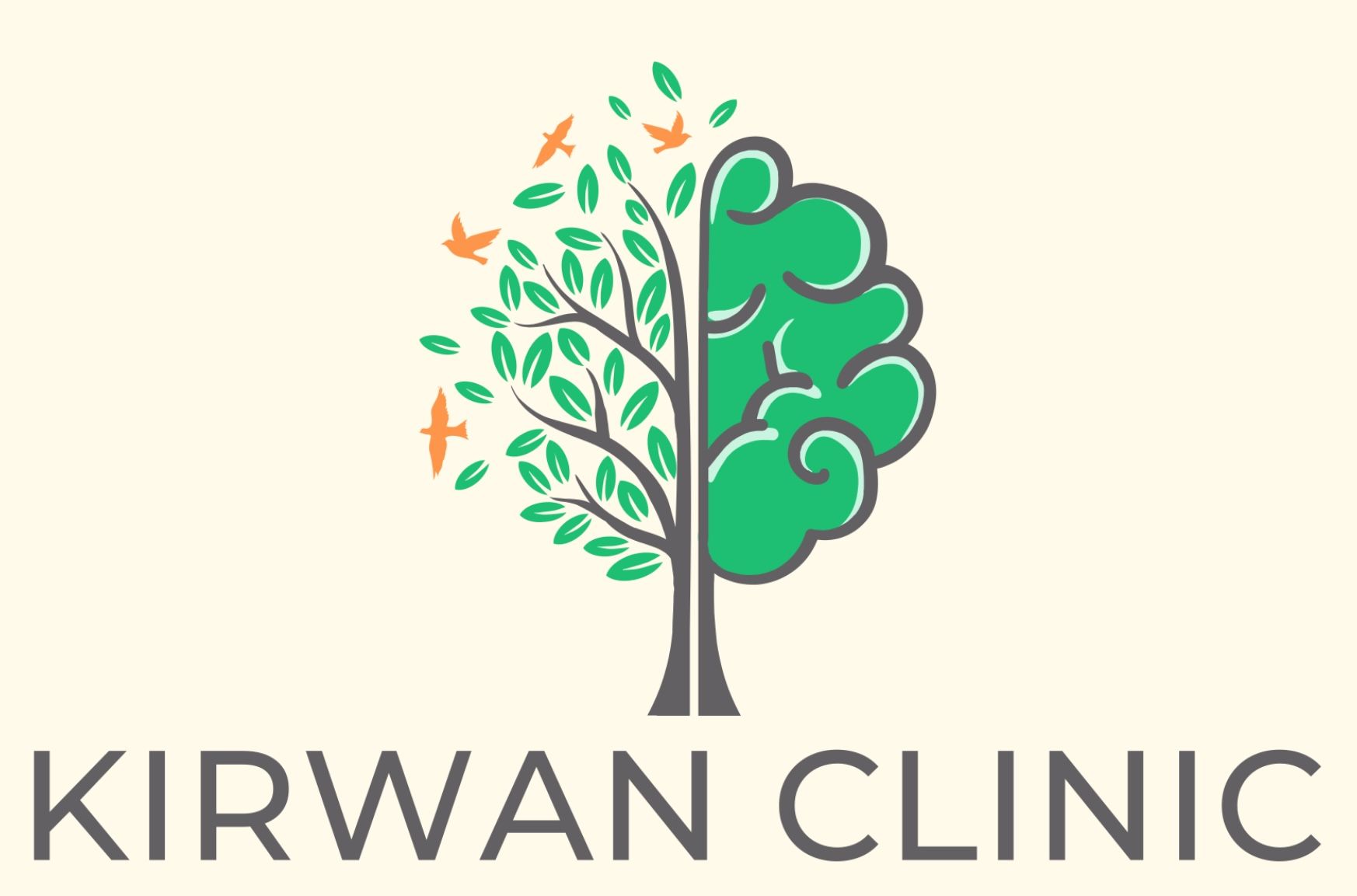What to Expect
Therapy Services
Types of Psychologist
At Kirwan Clinic, we have ‘Registered Psychologists’ who have completed at least six years of university study. We also have ‘Endorsed Clinical Psychologists’ who have completed at least six years of university study, and have additionally completed a ‘Registrar’ period to gain their endorsement as a Clinical Psychologist. All of our Psychologists are well trained and suitably experienced, and we adjust our fees in a way that we believe is fair and proportionate.
Getting A Referral
While in many cases you are welcome to start therapy without a referral (provided you have filled out a therapy enquiry form and we have had a chance to look over this) it is usually recommended to obtain a GP referral before you start therapy. This is because the Mental Health Care Plan entitles you to a Medicare rebate on your sessions, and therefore the ‘out of pocket fee’ or ‘gap’ is usually much lower. Generally around 40-50% of the session fee is covered by Medicare. You will need to bring your Medicare card with you to your sessions.
Preparing for the First Session
Once your first appointment is confirmed, we will send you a Patient Details Form to complete. This is so that we have a little more information about your history, and to make our first assessment appointment a little more efficient and tailored to your situation. It is also helpful if you write down your goals for therapy, and there is a section in the form for this. The other thing is that we ask you to complete a 1-2 minute initial symptom check, which is then the same symptom check we’ll ask you to fill out before every subsequent session. And that’s it! The Psychologist will take care of the rest when you come in.
About Individual Therapy
Individual therapy is a personalised process, in which people come for 50-minute sessions with one of our Psychologists. The aim is for people to talk about the things that they want to improve in their lives, and most likely also the barriers that make this harder. Sometimes the sessions will be very practically focused, and other times it will be more about discussing themes from the past that are keeping people ‘stuck’. There will usually be things to work on in between sessions, so that you can apply the discussions to your everyday life. It is also a very ‘collaborative’ process, so you and the Psychologist can talk about how the therapy is going and what direction you want it to go in.
About Group Therapy
Group therapy is quite a unique process where people of a similar age come together to discuss strategies and ideas that they can apply to various areas of their lives (emotion regulation, friendships, and so forth). The main content of the session will be ‘fixed’ in advance (for example for a six-session group) but the specific discussions that occur will depend to a degree on what the group members want to talk about. One of the amazing things about groups is how validated people usually feel, to discover that they are not alone and that others might be going through similar things. It is also great to see how group members will often suggest strategies from their own experience, and this will often really help the group as a whole. We often find that people who have group therapy will also benefit from individual therapy at some stage, because they will then also get the chance to discuss matters that are personal to them in a one-on-one setting.
Correspondence and Endings
With both individual therapy and group therapy, we will discuss ‘Confidentiality’ with you at the start. This means that information discussed during the therapy won’t leave that room, except if we are very concerned for someone’s safety or if otherwise required to do so by law. With individual therapy, however, we do write to the referring doctor routinely. This provides an overview of our treatment plans, an update on progress, and a notification of when therapy is finished. Regarding the process for finishing therapy, this usually starts with the sessions becoming less frequent because hopefully the symptoms and difficulties are decreasing. Eventually, the goal is for people to apply the strategies and ideas they have learned to their everyday lives, and they find that they don’t really need the sessions any more because they are coping quite steadily with the stresses of life. Of course even after therapy has finished, people are welcome to get back in contact if circumstances change, and we can discuss starting up again.
Assessment Services
About Neuropsychological Assessments
A neuropsychological assessment is a comprehensive evaluation that helps us understand your cognitive strengths and weaknesses. It involves various components designed to gather detailed information about your mental processes.
These components include Clinical Interview, Questionnaires, Review of Reports, Standardised Assessments, Feedback, and Our Report
Clinical Interview
During the clinical interview, we will discuss your medical and developmental history, educational background, work experiences, family dynamics, mental health, and the cognitive difficulties you may be experiencing. This conversation helps us identify both your challenges and areas of strength.Questionnaires
You will complete questionnaires, and with your consent, we may also gather insights from people who know you well, such as teachers or family members. This information provides a broader perspective on your cognitive functioning.Review of Reports
We will review any relevant reports or records, including school reports, medical records, or previous assessment documents. This helps us build a comprehensive understanding of your background and needs.Standardised Assessments
Depending on the assessment type and the difficulties that the person is experiencing, it is usual for Psychologists to complete various ‘standardised tests’ during an assessment. This allows us to check whether the person’s skills are on track compared to others of the same age. This might be in areas like language or memory, and in the case of Autism assessments it will be various social and mentalising skills.
Feedback
After the assessment is complete (usually allowing a few weeks for us to follow up on questionnaires and formulate our opinion) we will meet with you to discuss the results. This will involve a recap of the referral reasons and goals for the assessment, and a discussion of our diagnostic opinion and the information that led us to that. We will also discuss recommendations and next steps with you, so that you have some ideas about ‘where to next’.
Our Report
A couple of weeks after the feedback appointment, you will receive our written report. A copy will usually also go to the referring doctor, if applicable. The report will contain our assessment findings, and some background information that gives context to the findings. We never write directly to the school without families having a chance to read the report first: so we generally suggest for you to share the report with the school if you are comfortable doing so. There will often be recommendations for teachers to follow to support a child. If you want us to write an ‘abridged’ version of the report (without as much of the medical or family history, which the school might not need to know) then you can request this and we will write one up for you.
After the Assessment
As noted above, the assessment is usually carried out because the person is having some difficulties and people want to know what the right diagnoses and treatments are. Therefore our goal is for people to come away with a clear pathway towards maximising quality of life. Sometimes our opinion will support a particular Neurodevelopmental diagnosis immediately (such as ADHD or Autism) but at other times we suggest treating a different condition first (for example anxiety). In the latter case, it would usually be because we think there’s a good chance that treating the other condition first will be effective: but if the symptoms remain then the Neurodevelopmental diagnosis will most likely be made in 6-12 months’ time, with the full confidence that everything else has been tried first. We aim to ensure that our practices are informed by ‘best practice’ in the healthcare profession, and supported by up to date research evidence and guidelines.


